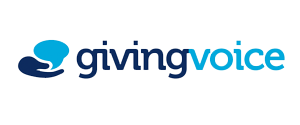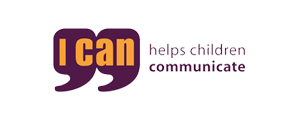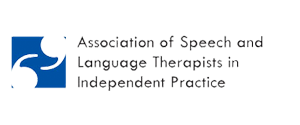Autism
What is Autism?
Autism is a lifelong developmental condition which affects how people communicate and interact with the world. Autism is a spectrum condition so it affects people in different ways.
How common is Autism?
More than one in 100 people are on the Autism spectrum and there are around 700,000 autistic adults and children in the UK.
What causes Autism?
There is currently no known cause for Autism, however research suggests that Autism may be genetic.
What are the signs of Autism?
Autism is a 'spectrum' condition which affects different people in different ways. All autistic people have their own individual strengths and needs, however the majority of autistic children have differences in the areas of communication, social interactions and flexibility of thought.
Signs of Autism in children may include;
- Social communication differences. Autistic people can struggle to interpret and use verbal and non-verbal language, like eye contact and gestures or tone of voice.
- Preference for predictability
- Special interests/Areas of passion
- Attention differences e.g hyperfocus on area of interest, difficulty attending to focus of a group or an adult led task
- Sensory differences e.g. safe/unsafe foods, stimming, overwhelm, seeking sensory input (tight squeezes, rocking, jumping), or avoiding sensory input (dislike of certain clothing, noises/smells/lighting)
- Differences in play (may engage in repetitive play, playing with toys in unconventional ways or needing time to be alone to self regulate)
- Difficulties in recognising and expressing emotions. May present with anxiety or social isolation May also require co-regulation and support in managing their emotions.
- Immediate echolalia, delayed echolalia/Gestalt Language processor
- Literal thought processes or difficulties in reading between the lines (theory of mind).
Services for Primary Schools
We provide services to primary schools. Your school will be provided with an enthusiastic speech and language therapist that is able to dedicate part of their time to improving speech, language and communication outcomes for the children throughout the primary school.
- Universal approach
- Therapy based on your needs
- Better outcomes for children
How to get a diagnosis?
If you think that your child is Autistic, speak to your GP, Health Visitor, School SENCO, or health professional, who will advise you on how to be referred for an Autism assessment. A diagnosis of Autism can only be given by an Autism specialist.
How to support Autism
Our speech and language therapists will work alongside you to create a therapy plan based around your child's individual support needs. Our therapists can carry out observation, assessment and therapy sessions at home, school and in clinic.
Further information
You can find out more about Autism through the following websites and links. You can also contact one of our Speech & Language Therapists if you need more help or advice.
- National Autistic Society
- Autism Speaks
- Stories About Autism
- Ambitious about Autism
- Reframing Autism
Instagram:








